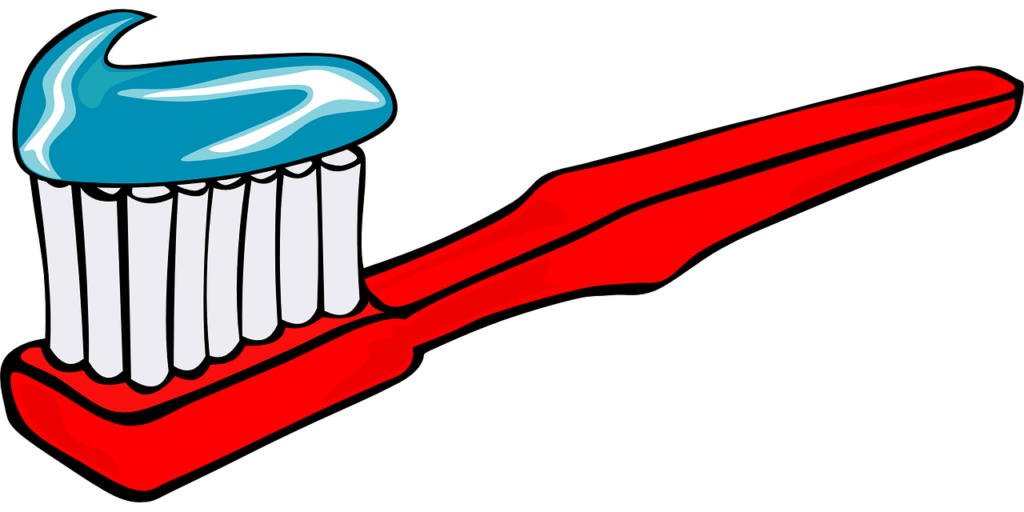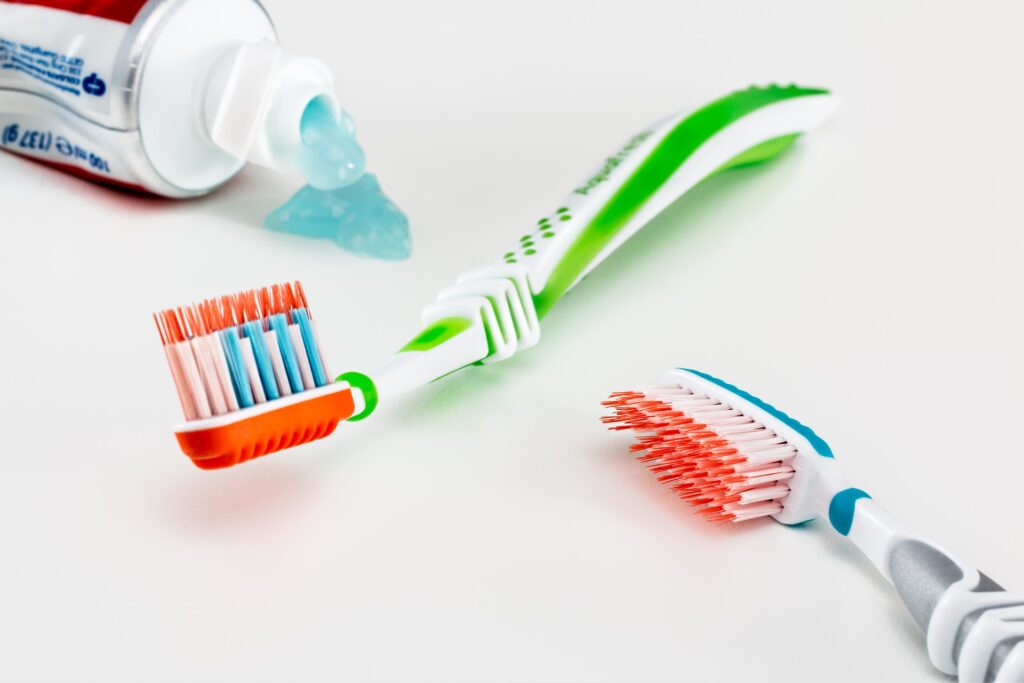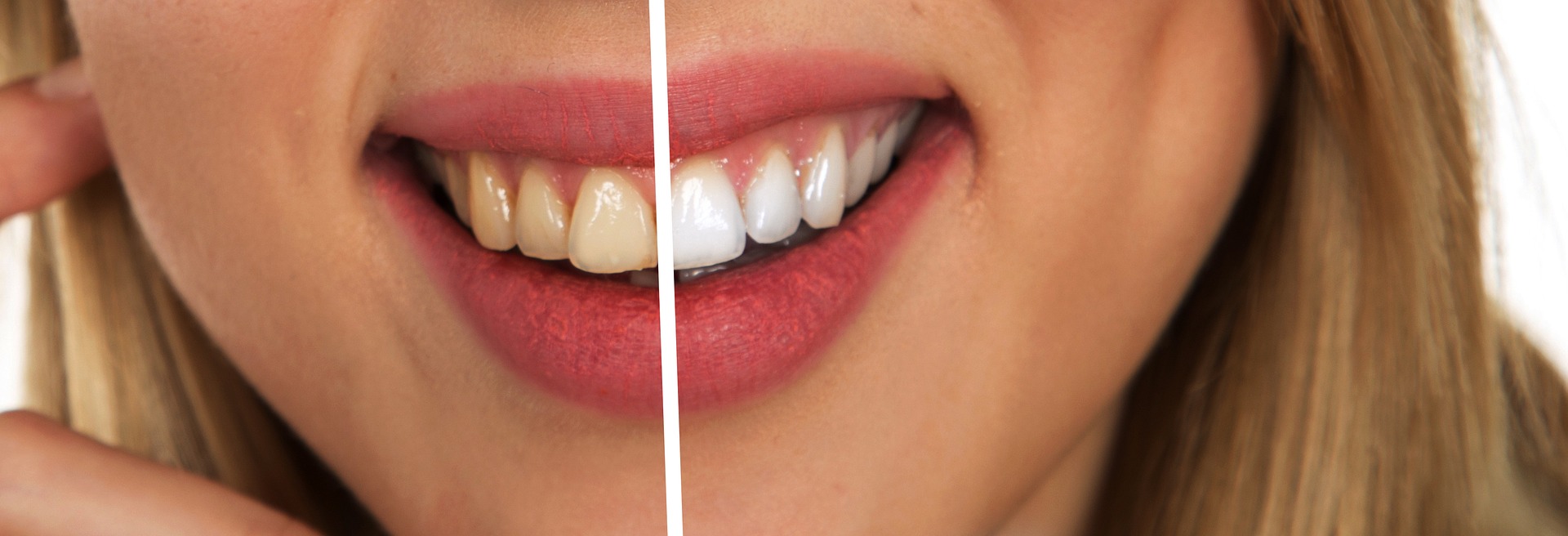So much is said about health conditions today, more so at a time when Covid-19 just hit us with anxiety and deaths. You probably know about a friend who also knows another friend or relative undergoing regular screening. It could be for cancer, or other chronic diseases. But we prefer to always ignore our teeth until they, in so unpleasant ways remind us that they too need our regular care
In Denmark, dentistry and oral hygiene form key components of the basic public healthcare system. Just like you would go for blood pressure checks, prenatal check up and such, Denmark makes family dentistry accessible, especially among infants and teenagers whose dental framework requires regular check up.
Remember, millions in Denmark have dental problems but specialists decry the low dental health seeking behaviour among adults. This situation is associated with the fact that adult dentistry costs are only partly subsidized. However, no one has a reason not to take their infants for dental check up; it’s completely free for children under the age of 18 years. .
It’s a big mistake to ignore the need for dental care
Dental care from an early age is essential since teeth will only last a lifetime if well taken care of. The earlier you start dental care, the better their chances as your toddler grows older. As soon as your toddler’s teeth begin to appear, you should jump into immediate dental care action. Ultimately, providing the best routines when it comes to the child’s oral hygiene, will ensure they stay healthy.

Luckily for you, in Denmark you can get free dental care for your child from birth but not after they hit the base adult age of 18 years old.. In Denmark, the municipalities offer various dental care packages targeting the children who have a full dental insurance. The packages will however, be based on your child’s age. Ideally, depending upon where you live, you will receive an automatic invitation for your child’s first visit to the dentist. For instance, should it be that you live in Aarhus Municipality, it comes when your toddler is three months while in Copenhagen it’s 1 year old.
Dental Care for Infants in Denmark
If you have visited a dentist before then you know how expensive dental care can be. At least nobody would wish even a worst enemy a toothache in the middle of this. night. Look at this, it is midnight in Denmark, youc child had been behaving funny and complaining about mild pains in the teeth. Being a parent that you are, ignore the child and dismiss the situation as just another naughty prank they always pull on people. But now it’s a full blown situation with the nerves on the teeth stinging with pain and almost pulling the kid’s head apart. At such a point, there is no thinking twice as the child will bear it no more. You just have to rush to the facility and at least get some quick remedy.
Such are the experiences that dental care in Denmark seeks to save parents from right from the time a child starts teething. If there is anything important that should be said to parents a million times then it is that they need to start proper dental care at a young age. It will ensure that your toddler’s teeth remain healthy through their lifetime. It will also save them from future dental costs from costly dental procedures.
No free dental care for adults in Denmark
Keep in mind that while dental care for infants might be free in Denmark, individuals above 18 years have to pay. Therefore, it’s better to take advantage of the free dental care while your child is still a toddler. After receiving the first invitation to the dentist, all other visits will be based on need.
Furthermore, in places such as Copenhagen, you can take your child to receive dental care from dental clinics outside the municipality. Though there is a predetermined list of dental clinics you can visit, you are also free to see a private dentist. The only downside to this is that you will be charged 35% of the fee.
Causes of Dental Issues in Denmark
Dental issues that could lead to tooth loss mainly stem from tooth decay. Tooth decay is a simple term for an infectious disease caused by bacteria. Once it strikes, chances are that it will lead to cavity formation in the enamel. Overtime, it progresses deeper into the tooth leading to major discomfort, difficulty eating and speaking.
Eventually one might require dental fillings or even a root canal, which might be very costly. Luckily, you can prevent tooth decay or caries from a young age. You can achieve good dental health by removing plaque. Plaque refers to the sticky, whitish film that builds up on teeth.
Lack of proper oral hygiene can lead to the build-up of plaque even in infants. Subsequently, bacteria will grow on the plaque, where they break down any sugar that lingers in the mouth. As this happens, acid by-products that erode teeth are produced leading to cavity formation. Preventing decay and removing plaque will depend on the age of your infant.
Early Childhood Dental Caries
Early childhood caries is the form of tooth decay. that develops in babies. This is why it’s not advisable to let an infant go to sleep with a bottle that’s filled with anything but water. Any form of milk including breast milk contains formula with sugars. It also applies to juice and it will ultimately pool around the teeth and feed decay-causing bacteria.
Therefore, the trick to safe bedtime soothing your infant is by using a pacifier or bottle filled with water. It goes a long way to keeping your infant’s developing teeth healthy until they become three years old. At this age, you should gently discourage most sucking habits because they can lead to orthodontic issues in future.
Some more tips on dental care for infants in Denmark
Similarly, caring for your infant’s teeth involves using a gentle brush. Once in a while, you can brush the baby’s first teeth gently with a small, soft-bristled toothbrush. However, one should ensure that they use only a small amount of fluoride toothpaste for this exercise. Dentists advice parents to repeat the exercise at least once a day before the infant goes to bed.

Likewise, you can apply a water-soaked gauze pad instead if the tooth has not erupted fully just yet. Focus on cleaning around the tooth and gums. It will help the baby prepare for brushing when they get their first tooth. Remember that you can start dental care before the first tooth appears. Hopefully, you will visit a dentist with your infant by the time they turn one year old.
Infants First Dental Visit in Denmark
By now you know that in Denmark you will receive an invitation to the dentist for your infant. This first visit should ideally be at the latest by the time the infant turns a year old. However, you are probably wondering why it is so important to visit the dentist at this time. For starters, visiting the dentist will ensure you’re given proper hygiene techniques for your infant.
Most importantly though, it will give the dentist a chance to examine your infant for any signs of early decay. The dentist will also let you know and recommend fluoride supplements if the infant needs them. Remember that the first tooth appears when your infant is between 6 and 10 months.

